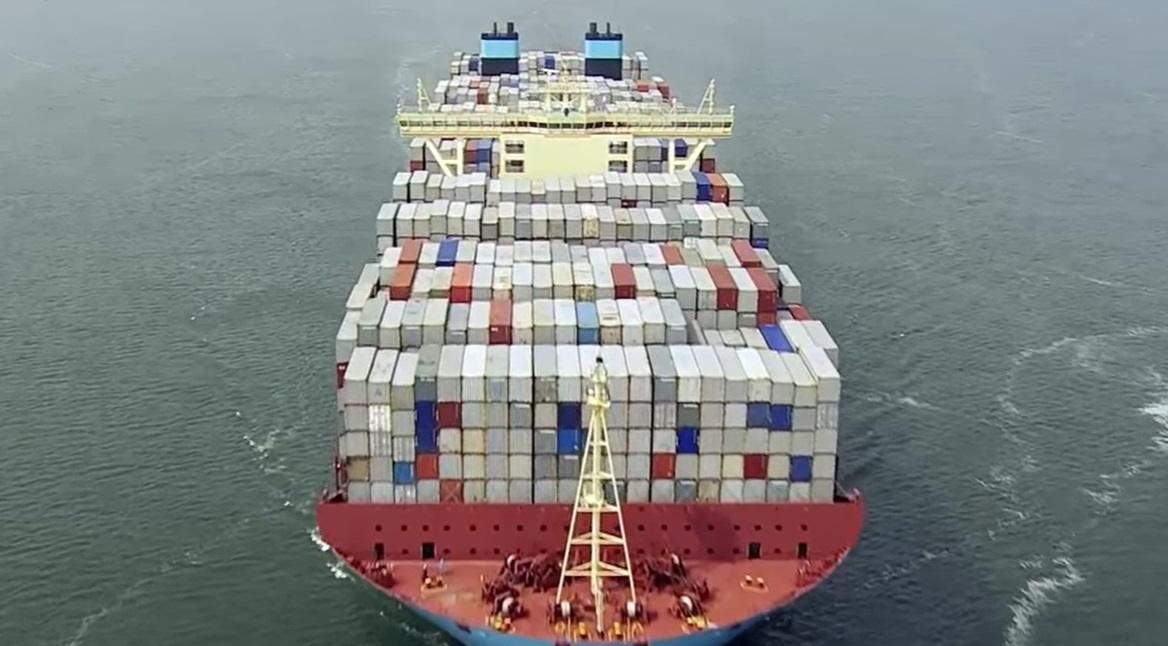
The International Maritime Organization (IMO), the 176-member state UN agency responsible for developing global standards for shipping, announced that its members have reached an agreement to approve a new draft regulation establishing a legally binding “IMO Net-Zero Framework,” setting a mandatory fuel standard for ship to reduce greenhouse gas (GHG) emissions over time, and establishing a GHG emissions pricing system for ships emitting above threshold levels.
The new framework was approved by 63 nations, including EU member states, China, the UK, India, Canada and several others, while 16 nations opposed, including Saudi Arabia, Russia and Venezuela, while 25 abstained, including island nations that had urged a stronger deal.
The U.S., which had publicly opposed the agreement, left the negotiations prior to the vote. The Trump administration has been vocal about reversing the prior Biden administration’s initiatives and focus on addressing climate changes, including announcing its departure from the Paris Agreement as one of President Trump’s first executive orders upon taking office.
In a diplomatic note sent out following the vote, the U.S. warned of “reciprocal measures” to compensate for any fees under the new framework charged to U.S. ships, and “for any other economic harm from any adopted GHG emissions measures.”
Maritime shipping accounts for around 3% of global greenhouse gas emissions, and are on track to roughly double by 2050 under most economic scenarios. Shipping emissions are also among the most difficult to address, with a need to develop and implement low emissions fuels, infrastructure and technologies in order to significantly reduce the sector’s climate footprint.
The new framework follows an agreement in 2023 on the “IMO Strategy on Reduction of GHG Emissions from Ships,” which established new goals to reach net zero emissions from international shipping “by or around” 2050, and to ensure the uptake of low GHG emission fuels by 2030, in addition to interim targets on emissions reductions and on the shift to zero or near-zero GHG emissions fuels.
Under the new framework, ships will be required to comply with a new global fuel standard to reduce their annual GHG fuel intensity (GFI) over time Ships above the GFI thresholds to be required balance their emissions deficit by transferring “surplus units” earned by other ships or used surplus units they may have already banked, or to purchase remedial units.
Proceeds from the sale of remedial units will contribute to the IMO Net-Zero Fund, which will reward low-emission ships, support innovation, research, infrastructure and just transition initiatives in developing countries, fund technology transfer and capacity building to support the IMO GHG Strategy, and mitigate negative impacts on vulnerable states.
According to the IMO, the new framework is the first in the world to combine mandatory emissions limits and GHG pricing across an entire industry sector.
IMO Secretary-General Mr. Arsenio Dominguez said:
“The approval of draft amendments to MARPOL Annex VI mandating the IMO net-zero framework represents another significant step in our collective efforts to combat climate change, to modernize shipping and demonstrates that IMO delivers on its commitments.”
The new measures are set to be formally adopted in October 2025, and to enter into force in 2027. The measures will to apply large ocean-going ships over 5,000 gross tonnage, which emit 85% of the total CO2 emissions from international shipping, according to the IMO.



